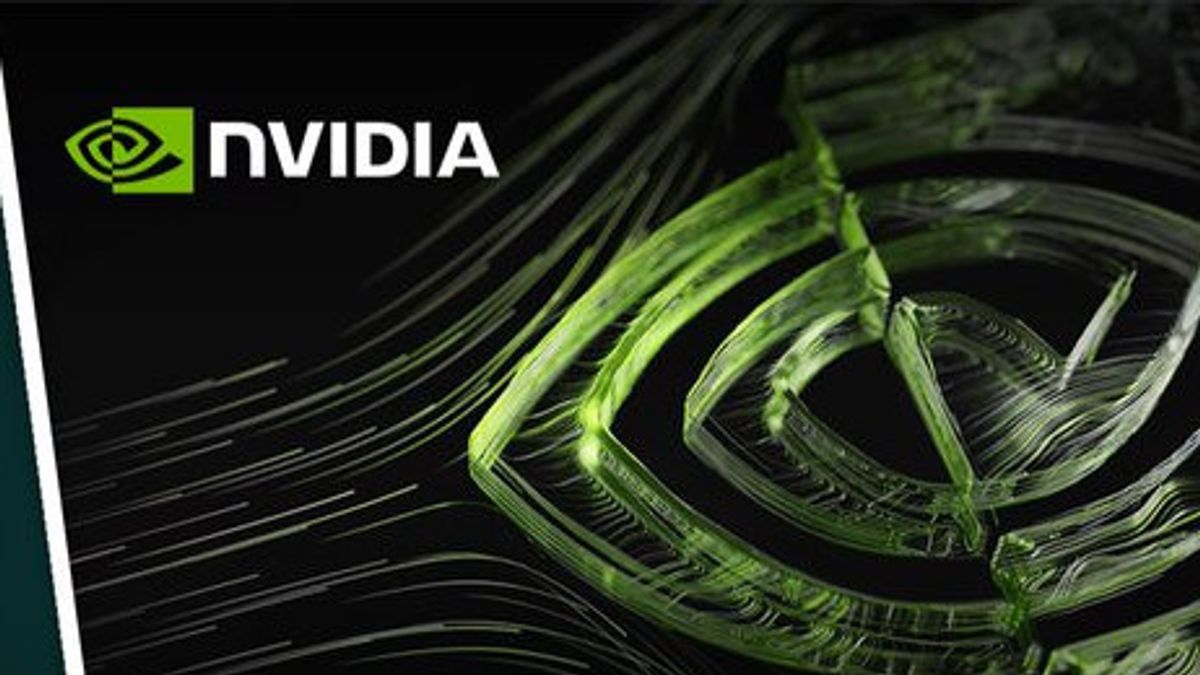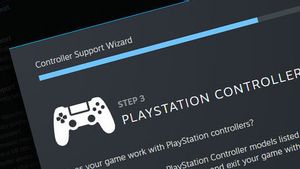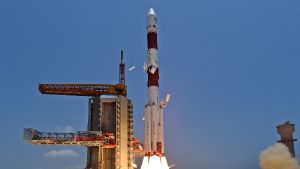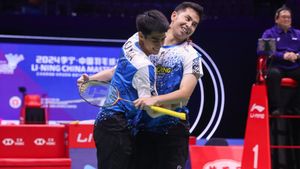JAKARTA - Nvidia's dominance in making computer chips for artificial intelligence (AI) has affected venture funding for its potential competitors, investors say. The number of deals in the United States this quarter fell 80% compared to last year.
This Santa Clara, California company dominates the chip market that works with large language data. The generative AI model is becoming smarter gradually through more data exposure, in a process called training.
As Nvidia is getting stronger in this area, it is increasingly difficult for companies that are trying to build competing chips. Seeing this startup as a more risky bet, venture financiers are not willing to provide large infusion of funds. Developing a chip design into a functioning prototype can cost more than 500 million US dollars (Rp 7.6 trillion), so the withdrawal quickly threatens the startup's prospects.
"Nvidia's ongoing dominance has shown how difficult it is to enter this market," said Greg Reichow, partner at Eclipse Ventures. "This has resulted in the withdrawal of investment into these companies, or at least to many of them."
US chip startup has raised $881.4 million by the end of August, according to PitchBook data. That compares to $1.79 billion (IDR 27.4 trillion) for the first three quarters of 2022. The number of deals fell from 23 to four until the end of August.
Nvidia itself declined to comment on it.
The AI Mythic chip startup, which has raised about $160 million in total, ran out of money last year and was almost forced to stop its operations, according to a report by The Register's technology site. However, a few months later, in March, they managed to secure a relatively small investment of 13 million US dollars (Rp199.2 billion).
"Nvidia has "indirectly" contributed to the overall difficulty of funding AI chips, as investors want to "invest just be of the type of major blow with large investments, large returns," Mythic CEO Dave Rick said.
"It is difficult for economic conditions to increase the decline in the cyclic semiconductor industry," said Rick.
A secret startup called Rivas, who is working on chip designs for data servers, is experiencing difficulties in recent fundraising, said two sources familiar with the company's situation.
Rivos' spokesman said Nvidia's market dominance did not hinder their fundraising efforts and their hardware and software "continued to impress our investors."
Rivas is involved in a legal dispute with Apple, which has accused Rivas of stealing intellectual property, and this has exacerbated the challenge of fundraising.
Investors seeking funding for chip startups face tighter demands. They require companies to have products that have already been launched in a few months or have resulted in sales, sources said.
About two years ago, new investments in chip startups were often 200 million or 300 million US dollars. It has dropped to around $100 million, according to PitchBook analyst Brendan Burke.
At least two AI chip startups have managed to address investor doubts by making potential customers or their relationships with well-known executives proud.
To raise $100 million in August, Tenstorrent boasted CEO Jim Keller, a nearly legendary chip architect who has designed chips for Apple, Advanced Micro Devices (AMD), and Tesla.
SEE ALSO:
The D-Matrix, which projects revenues less than $10 million this year, raised $110 million last week, strengthened by financial support from Microsoft and Windows makers' commitment to test the new D-Matrix AI chip after its launch next year.
While the chipmaker is in the shadow of Nvidia, startups in the AI software and related technologies do not face the same obstacles. They have raised about $24 billion in funding this year through August, according to PitchBook data.
Although Nvidia dominates AI's computing, the company has no undisputed key in the sector. AMD plans to launch a chip that will compete with Nvidia this year, and Intel jumped over development by gaining competing products in acquisition. Sources see this has long-term potential to be an alternative to Nvidia chips.
There are also adjacent apps that can provide opportunities for competitors. For example, chips that make data-intensity computing for prediction algorithms are niches that are emerging. Nvidia doesn't dominate this field and it's ready for investment.
The English, Chinese, Japanese, Arabic, and French versions are automatically generated by the AI. So there may still be inaccuracies in translating, please always see Indonesian as our main language. (system supported by DigitalSiber.id)


















